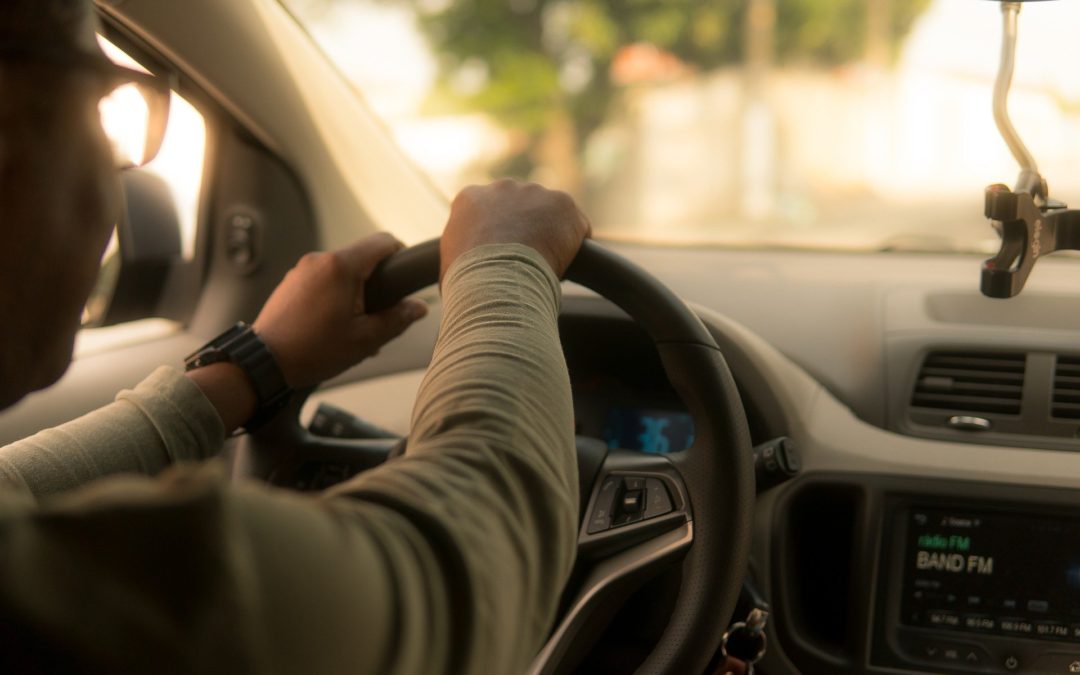The Supreme Court has ruled that Uber, the taxi app company, must classify its drivers as workers rather than as self-employed.
What does the ruling mean?
The implication of the ruling is that thousands of Uber drivers will now be entitled to worker’s employment protections, including minimum wage and holiday pay, and could see Uber facing a very large pay out in compensation.
The wider consequences for the gig economy are yet to be seen.
Long Running Battle
Uber had previously lost in court three times against former drivers, James Farrar and Yaseen Aslam, before this final appeal to the Supreme Court.
The drivers originally won an employment tribunal in October 2016 and a subsequent appeal in 2017. Uber took the case to the High Court the following year but the decision was upheld yet again.
As the Supreme Court is Britain’s highest court, this was Uber’s last attempt to have the ruling turned around.
Impact on the Gig Economy
It is speculated that the ruling could have future ramifications for other companies with a similar business model (such as delivery firm Deliveroo). Mr Farrar, co-claimant and general secretary of the App Drivers and Couriers union, stated, “This ruling will fundamentally re-order the gig economy and bring an end to rife exploitation of workers by means of algorithmic and contract trickery.”
If you have any concerns over the employment status of the people you work with, or believe that your own status is wrongly classified, you can speak to one of our experts today on +441213184707.

